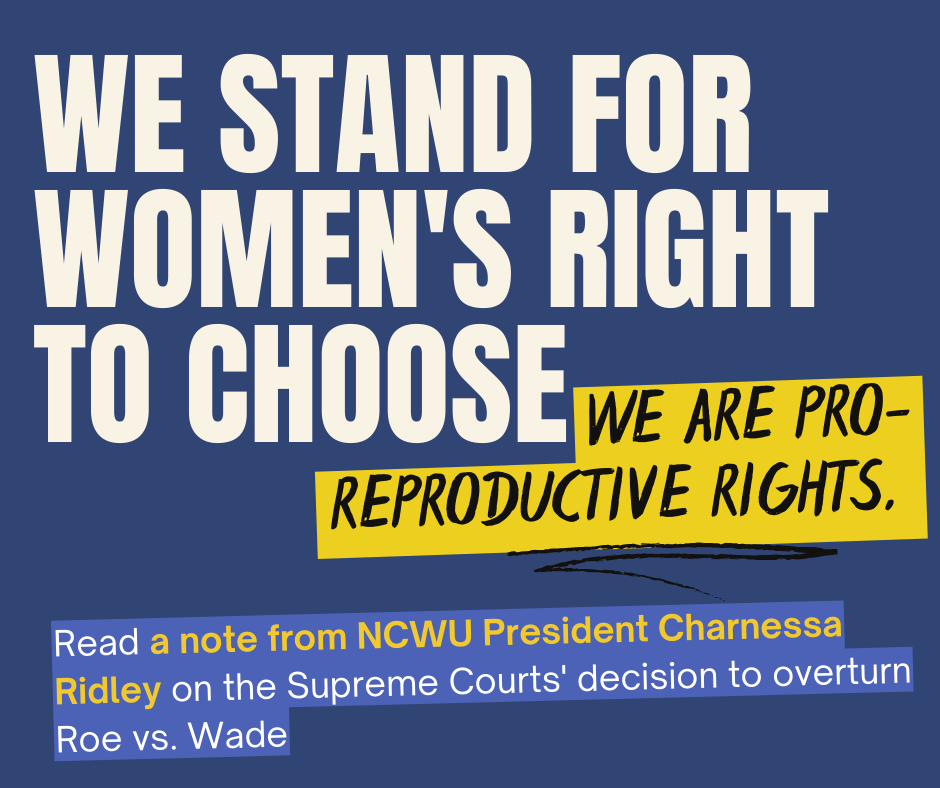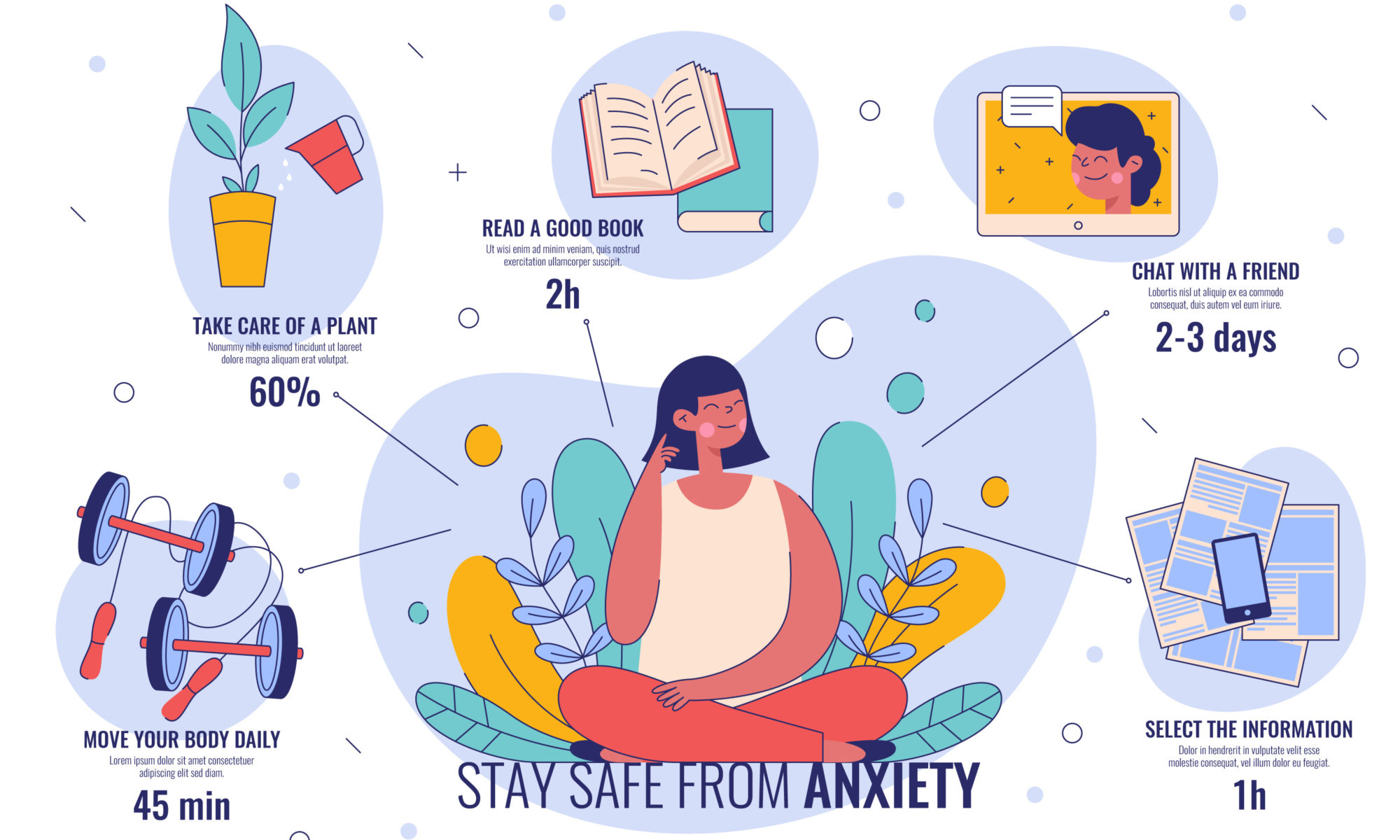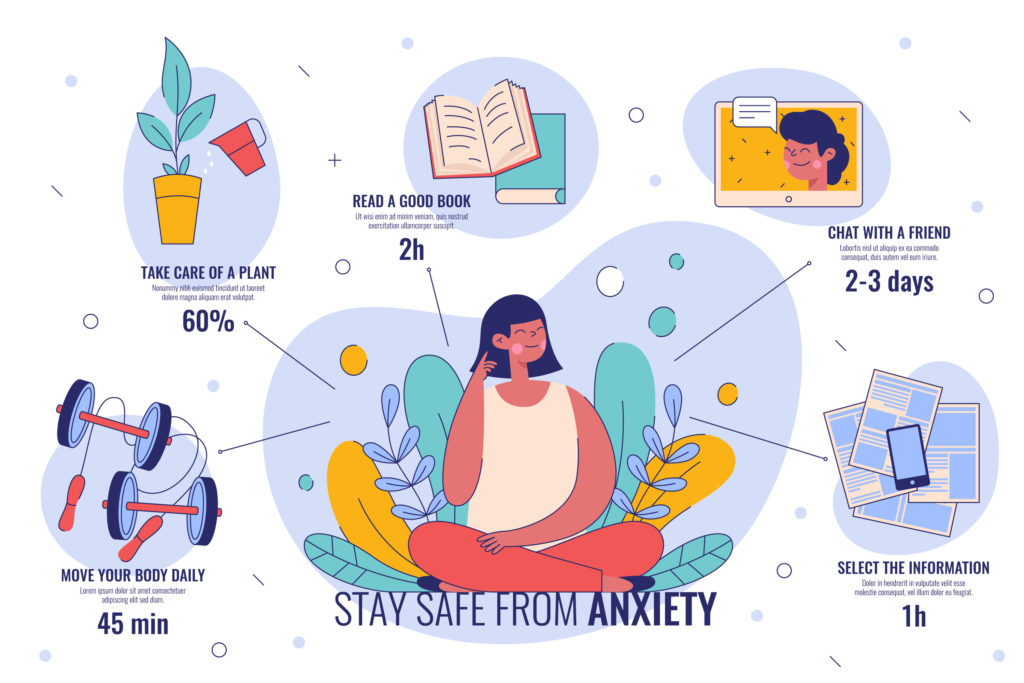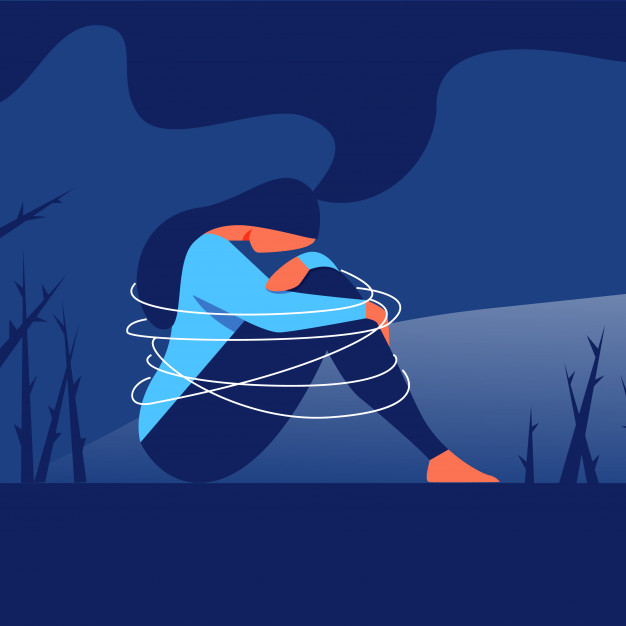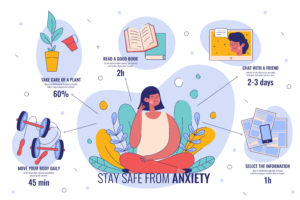“But when do we tell each other it is ok to breathe? That it is OK when you cannot show up for every issue? “
May is Mental Health Awareness Month. According to the Centers for Disease Control and Prevention (CDC), the most common mental health issue in women is depression. It is reported that twice as many women experience depression during their lives as men. As North Carolina Women United, we find it necessary, particularly at this moment in our state and national context, to add our voice to this public health discussion and raise awareness of the importance of mental health in the lives of women.
Everything feels like it’s on fire, or that it should be! (We mean that symbolically, we are not promoting arson!) If you do not have challenges with mental health already, try reading enough headlines and it will surely take a toll on your mental wellness. From forced isolation in response to the pandemic, war, the refugee crisis, mass shootings, gender-based violence, racist attacks against black people, hauntings of missing and murdered Indigenous women, shortages of life-saving and life-giving essentials like baby formula, high inflation, climate change, and threats to human rights and bodily autonomy—the list can go on for days.
I have worked with and on behalf of sexual assault and domestic violence victims for over 15 years. I have seen first-hand the impact of repeated exposure to traumatic events. Living in a constant state of fear is disastrous to our stress level and increases symptoms of anxiety and depression. How do we recharge? In the quest for social and gender justice, our first response is often to fight. to rally and to march. To protest. To make a call to action and pressure a decision-making body to make different decisions. As proven through history, these are all very commendable and necessary actions in the advancement of the status of women.
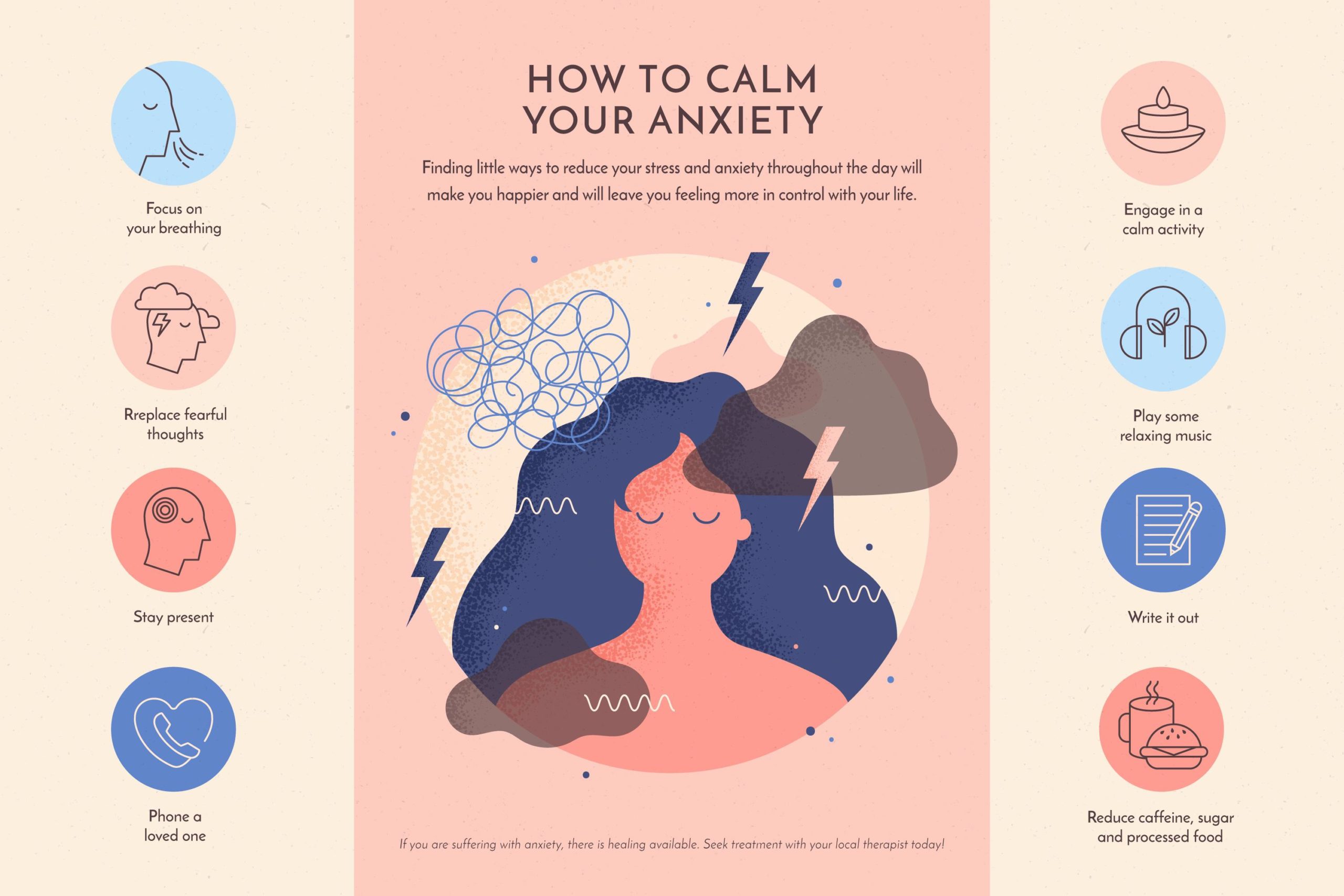
But when do we tell each other to breathe? That it is OK when you cannot show up for everyone and every issue? How often have we used the tools of patriarchy and capitalism to shame women who struggle to show up because of the weight of the world? Did we make time to understand the weight of their world before we judged their actions or inaction? How do we treat one another when our activism looks different? How can we create a space for women to show up authentically and yet be worthy of taking up space? This is the internal work we think all boards and coalitions should do. This is how we positively impact mental wellness.
“If no one else does, know that we see you and appreciate you! The membership of NCWU is devoted and hardworking”
When we push for increased access to healthcare, the outcome is that we are not only closing the insurance gap; it means getting closer to making holistic wellness resources available for all women despite their wage, zip code, and level of education. Trauma-informed therapeutic services can help so many women cope and deal with the mental health challenges that living in this world can bring. The specialized care found in those treatment modalities should not be a privilege or a luxury. All women that could benefit from those services should have access to them. We know that is not a reality for all women, especially those without guaranteed sick days and those who do not earn a living wage.
After we have achieved all the legislative success in our sights, what is next? How quickly can we reach back to the community and grassroot efforts on the ground to continue progress? Sustaining that level of change on the community level will require healing and restoration, and that includes meeting the needs of the whole person, including addressing their mental wellness. This also means that we must listen to communities when they say they need alternatives to law enforcement response when seeking mental health crisis intervention. In the absence of that, we will continue to advocate for more training as well as increased accountability in law enforcement.
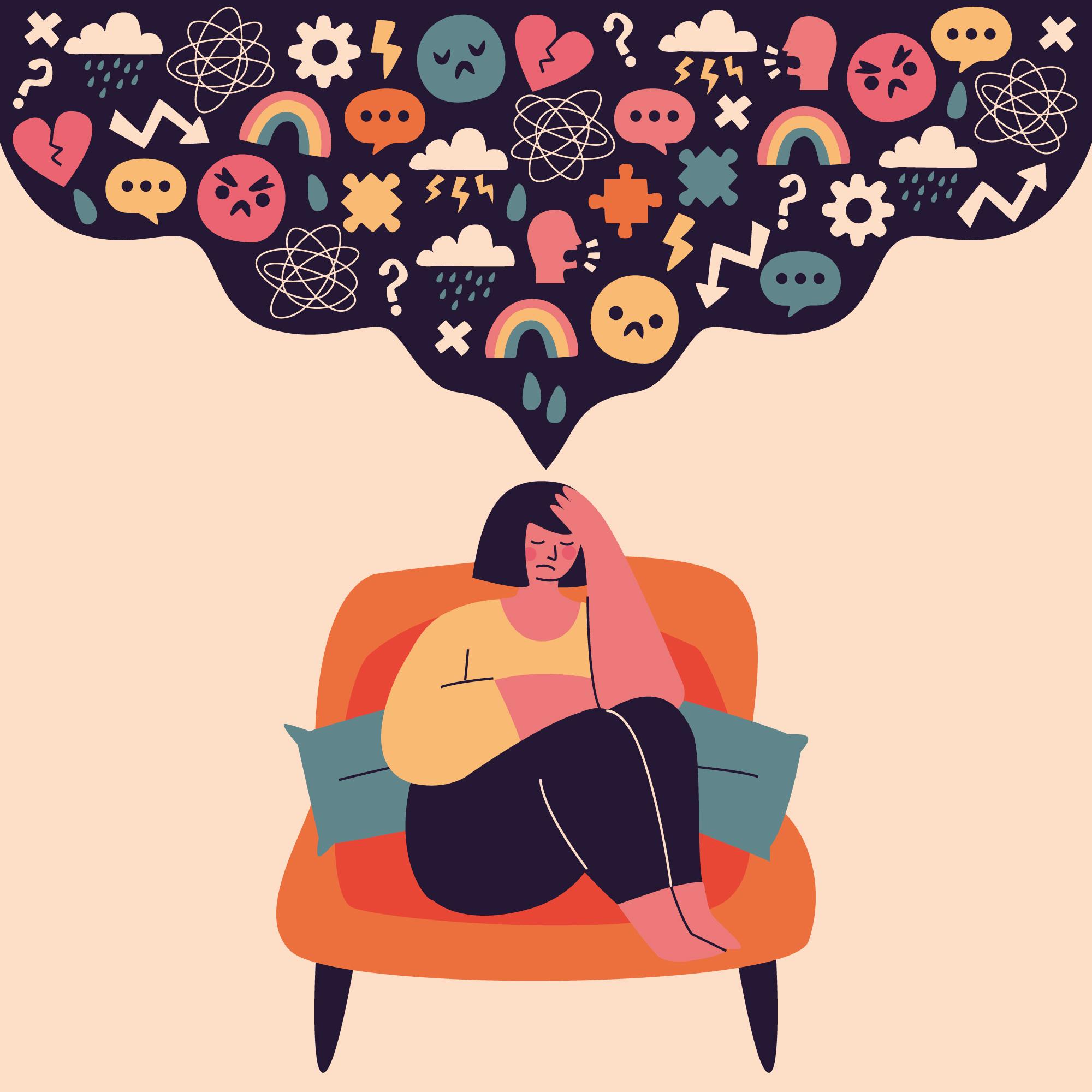
Pregnant and incarcerated people who give birth while shackled deserve access to wellness services that will address the consequences that action will have on their mental health. Mothers who feel forced to have or not have children under any circumstance that does not honor their humanity or respect their bodily autonomy should have access to the mental health resources necessary for healing. What does it mean for the parent-child relationship born under these circumstances? Does the impact go away when the rule or policy is changed?
With maternal and infant mortality rates being as alarming as they are and community knowledge and awareness of them increasing, we need more clinicians in doctor’s offices who understand the impact this fear will have on the patients seen by medical providers. When women, especially women of color, are not heard by medical staff, how can these clinicians serve as patient advocates to create different outcomes? This integrated approach to patient care may exist in some urban communities, but women in the most rural parts of NC deserve the same access.
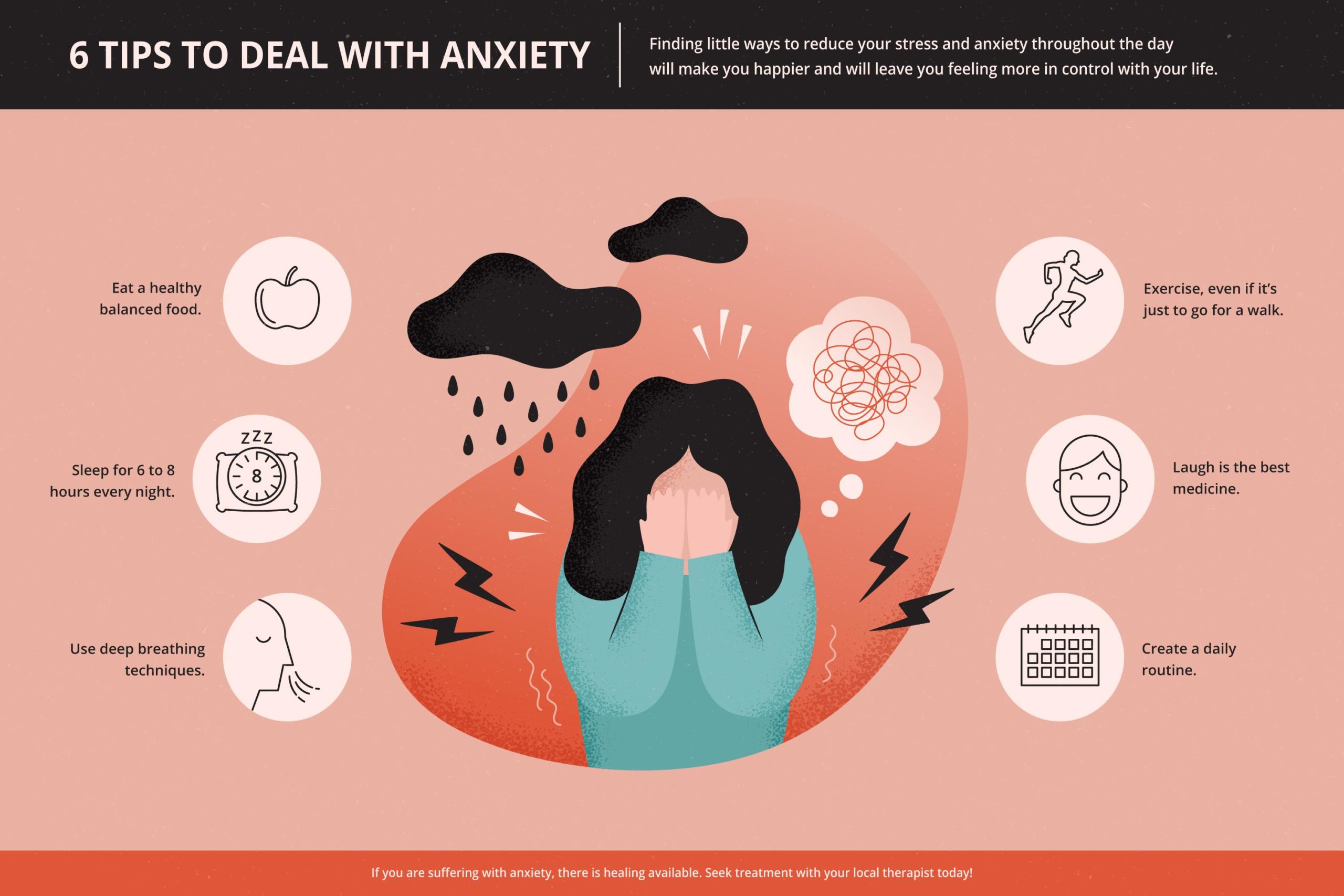
There are locations in our state where women must drive across multiple county lines for certain health and wellness needs. NC providers reported an increase in the number of individuals seeking services during the pandemic. The pandemic severely triggered many with existing mental health challenges. Although telehealth assisted greatly in meeting the need, it did not eliminate the labor shortages. While telehealth can address the barriers to services due to distance, the wait time for an appointment can still be a challenge. These wait times are often discouraging, and appointments are not kept, resulting in fewer individuals who need treatment receiving the help and support they need. Repeated enough times, this lack of access and shortage of resources will be felt by entire generations whose ancestors could not benefit from the professional support and resources available.
This month and every month after, we affirm that mental health matters. The mental health and wellness of women matters, and we all share in the responsibility of doing our part to have a positive impact. If no one else does, know that we see you and appreciate you! The membership of NCWU is devoted and hardworking. We know that each of you comes into this work fighting your own individual battles. You are doing a great job, even if all you did today was hold it together! Activism takes a toll. Being a woman in this world adds tax. Be kind to yourself
